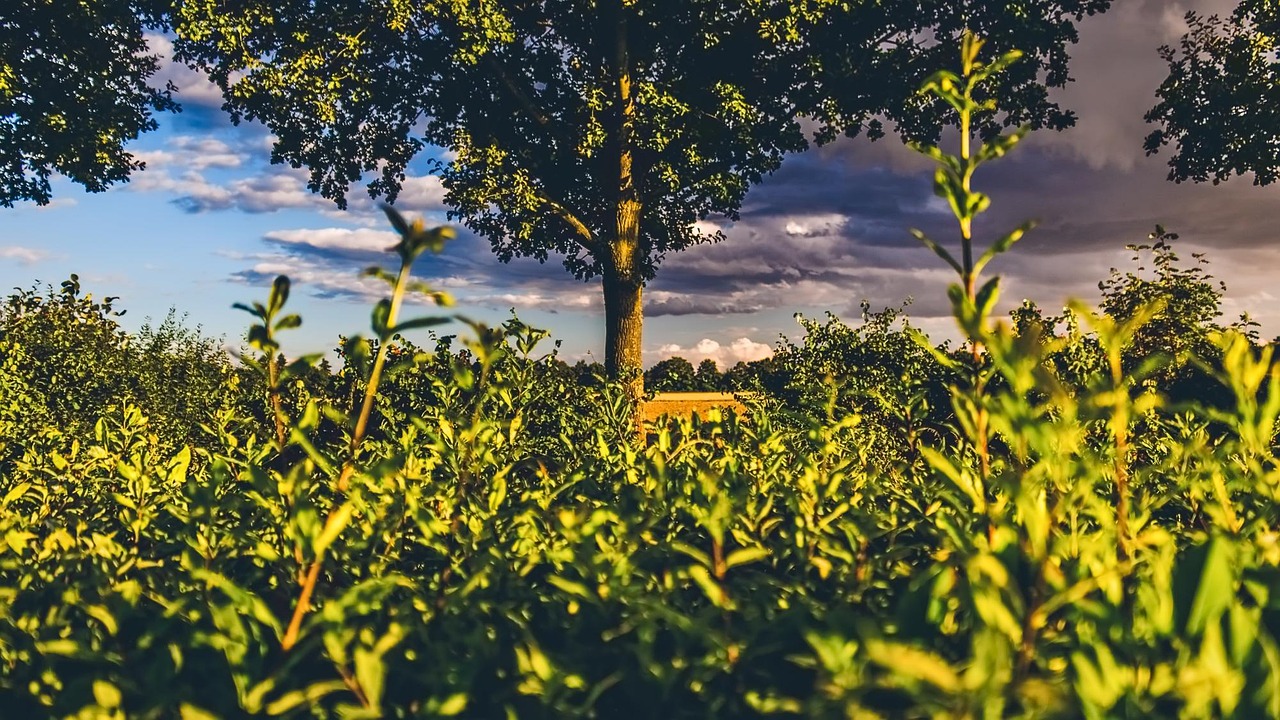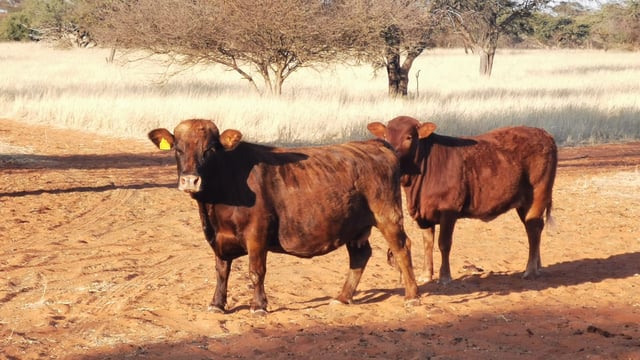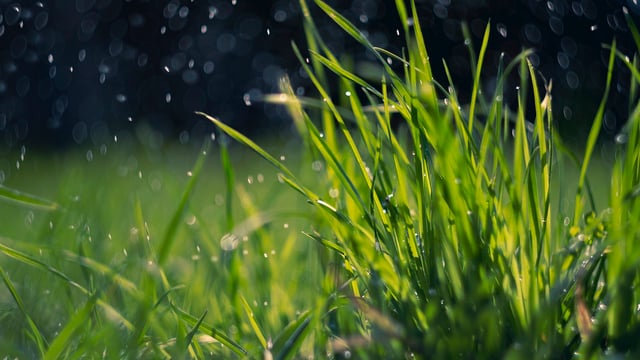Explainer: What are the laws around hedge cutting on roads?
Hedge cutting is prohibited between March 1 and August 31 under Section 40 of the Wildlife Act 1976.
Destruction of any vegetation growing in a hedge or a ditch, including cutting and grubbing (digging or excavating), is investigated by the National Parks and Wildlife Service (NPWS) and An Garda Síochána.
According to the Department of Housing, Local Government and Heritage (DHLGH), which oversees hedgerows in Ireland, under Section 40 (2) there can be certain limited circumstances where this prohibition can be exempt.
A DHLGH spokesperson said one of these exemptions is "the ordinary course of agriculture".
"This phrase is not specifically defined in the act, and its interpretation is a matter for the courts."
The spokesperson stated that it is the view of the NPWS that this provision is in place to allow farmers, landowners, and forestry workers to carry out necessary tasks for their work.
"Some of this may include the cutting back of hedging in order to widen an entrance to allow machinery pass through or, for instance, the maintenance of the operation of electrical fencing," the spokesperson said.
According to the act, "the cutting or grubbing of isolated bushes or clumps of gorse, furze, or whin or the mowing of isolated growths of fern in the ordinary course of agriculture" is also allowed.
The spokesperson added; "This provision does not, however, give a blanket exemption – nor does it generally extend the hedge-cutting season.
"The courts have long held against people who have removed or significantly cut back extensive hedging during the closed season and significant penalties have been imposed for this kind of activity in recent years."
The spokesperson also stated that it is the "NPWS’s position is that it is not the ordinary course of agriculture to carry out routine farm hedge maintenance (or removal) in the restricted period".
Another exemption is under Section 70(2) (a) of the Roads Act 1993, which states that "the felling, cutting, lopping, trimming or removal of a tree, shrub, hedge or other vegetation" can be carried out as a matter of "public safety".
The DHLGH backed this by saying that there are "exemptions from the closed season in relation to road safety and roadside hedging.”
Other exemptions include horticulture, as the department has said, in the act, 'agriculture' is defined as including horticulture.
The government said: "Since horticulture includes gardening, the summertime trimming of hedges in the ordinary course of gardening falls under this exemption."
An exemption is also in place during road works or other construction work that requires the clearance of vegetation for sites. This will generally relate back to the relevant planning permission for the site.
The government have previously stated that, to avoid any fines, people should always check with the NPWS if a situation falls under the exemption category .
Over recent years, fines of between €1,000 and €6,000 have been issued for illegal hedge cutting.
The department spokesperson told Agriland that in Ireland, “hedgerows are exceptionally important for biodiversity.
"They provide botanical diversity as well as food and shelter for pollinators, mammals and other animals, most notably birds. They also act as corridors that connect habitats."
The spokesperson added: "Under the Birds Directive, Ireland is required to take measures to establish a general system of protection for birds."
According to the DHLGH spokesperson, this includes preventing deliberate killing of protected wild birds, preventing deliberate destruction of or damage to nests and eggs, and stopping the deliberate disturbance of protected wild birds.
This is stated in the the Wildlife Act 1976 under Section 22.
The spokesperson stated: "The purpose of the closed season for hedge-cutting as set down in Section 40 (1) is to ensure that hedgerows are provided with specific protection."
The current closed period in place is based primarily on the generally recognised nesting and breeding period for wild birds, the spokesperson added.





